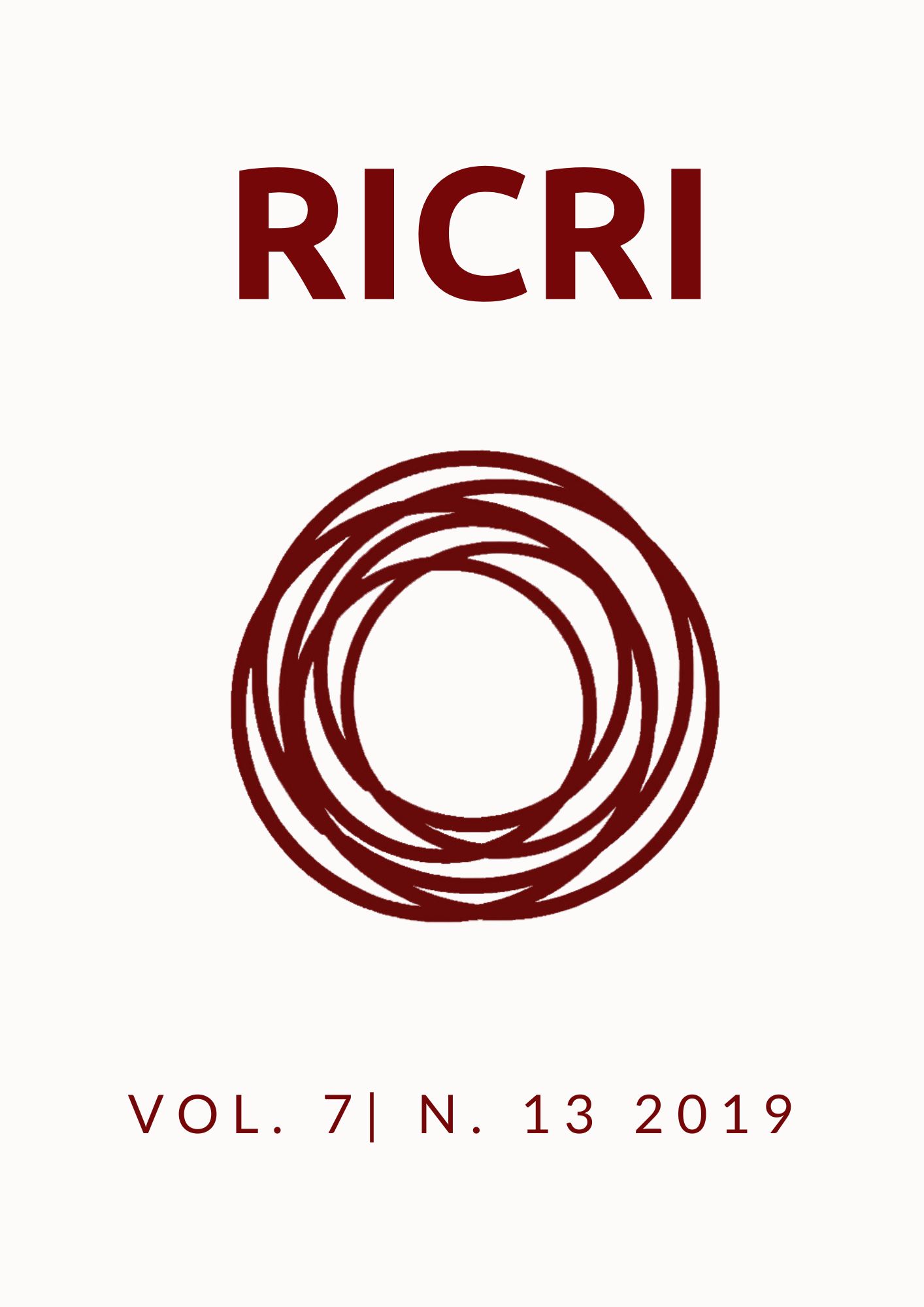Em Nome de Deus: a Política Externa do Irã Pós-Revolução e a Atuação do Líder Supremo no Fim da Guerra Irã-Iraque
DOI:
https://doi.org/10.22478/ufpb.2318-9452.2020v7n13.42525Resumo
O presente trabalho busca explorar brevemente o processo de tomada de decisão que levou ao cessar fogo na Guerra Irã-Iraque, como foco na atuação de um líder predominante, o aiatolá Sayyid Ruhollah Khomeini. Para tanto, discutimos o papel da religião em política externa, e o processo histórico que nos traz ao Irã contemporâneo e seu sistema de governo, o Wilayat-al-FaqihDownloads
Referências
APPLEBY, Scott. The Ambivalence of the Sacred. Rowman & Littlefield Publishers, Inc. Oxford, 2000
CHUBIN, Shahram. The last phase of the Iran‐Iraq war: From stalemate to ceasefire. Third World Quarterly, [s.l.], v. 11, n. 2, p.1-14, abr. 1989. Informa UK Limited. http://dx.doi.org/10.1080/01436598908420154.
COSTA, Renato. Da Revolução à Tecnologia Nuclear: Irã, um “Estranho no Ninho”?. Conjuntura Austral, v.1, p.2, 2010
FERREIRA, Marcos S.V.; HONORATO, Renan. A política externa do Irã e o Wilayat Al-Faqih sob a ótica dos líderes da Revolução Islâmica. In: Anna Carletti; Marcos Alan S. V. Ferreira. (Org.). Religião e Relações Internacionais - Dos Debates Teóricos ao Papel do Cristianismo e do Islã. 1ed.Curitiba: Juruá, 2016, v. 1, p. 255-291.
FOX, Jonathan. Religion and State Failure: An Examination of the Extent and Magnitude of Religious Conflict from 1950 to 1996. International Political Science Review, Vol. 25, No. 1, Religion and Politics, Jan. 2004
HAYNES, Jeffrey. Routledge Handbook of Religion and Politics. Routledge, 2009
HUDSON, Valerie. Foreign Policy Analysis. Rowman & Littlefield, NY, 2013
KARSH, Efraim. The Iran-Iraq War: 1980-1988. Oxford: Osprey Publishing, 2002.
NAFISSI, Mohammed. Shiism and Politics. In: HAYNES, Jeffrey. Routledge Handbook of Religion and Politics.
PELLETIERE, Stephen C.The Iran-Iraq War: Chaos in a Vacuum. Nova Iorque: Praeger Publishers, 1992.
SEGAL, David. The Iran-Iraq War: A Military Analysis. Foreign Affairs, [s.l.], v. 66, n. 5, p.946-963, 1988. JSTOR. http://dx.doi.org/10.2307/20043572.
PURCELL, Susan. Decision-Making in an Authoritarian Regime: Theoretical Implications from a Mexican Case Study. World Politics, Vol. 26, No. 1 (Out. 1973), pp. 28-54. Disponível em: https://www.jstor.org/stable/2009916
TAKEYH, Ray. The Iran-Iraq War: A Reassessment. The Middle East Journal, [s.l.], v. 64, n. 3, p.365-383, 1 jul. 2010. The Middle East Journal. http://dx.doi.org/10.3751/64.3.12.
THOMAS, Scott. Taking Religious and Cultural Pluralism Seriously. Millenium: Journal of International Studies, 2000
Publicado
Como Citar
Edição
Seção
Licença
Autores que publicam nesta revista concordam com os seguintes termos:
- Autores mantém os direitos autorais e concedem à revista o direito de primeira publicação, com o trabalho simultaneamente licenciado sob a Atribuição-NãoComercial 4.0 Internacional (CC BY-NC 4.0) que permite o compartilhamento do trabalho com reconhecimento da autoria e publicação inicial nesta revista.
- Autores têm autorização para assumir contratos adicionais separadamente, para distribuição não-exclusiva da versão do trabalho publicada nesta revista (ex.: publicar em repositório institucional ou como capítulo de livro), com reconhecimento de autoria e publicação inicial nesta revista.
- Autores têm permissão e são estimulados a publicar e distribuir seu trabalho online (ex.: em repositórios institucionais ou na sua página pessoal) a qualquer ponto antes ou durante o processo editorial, já que isso pode gerar alterações produtivas, bem como aumentar o impacto e a citação do trabalho publicado (Veja O Efeito do Acesso Livre).




